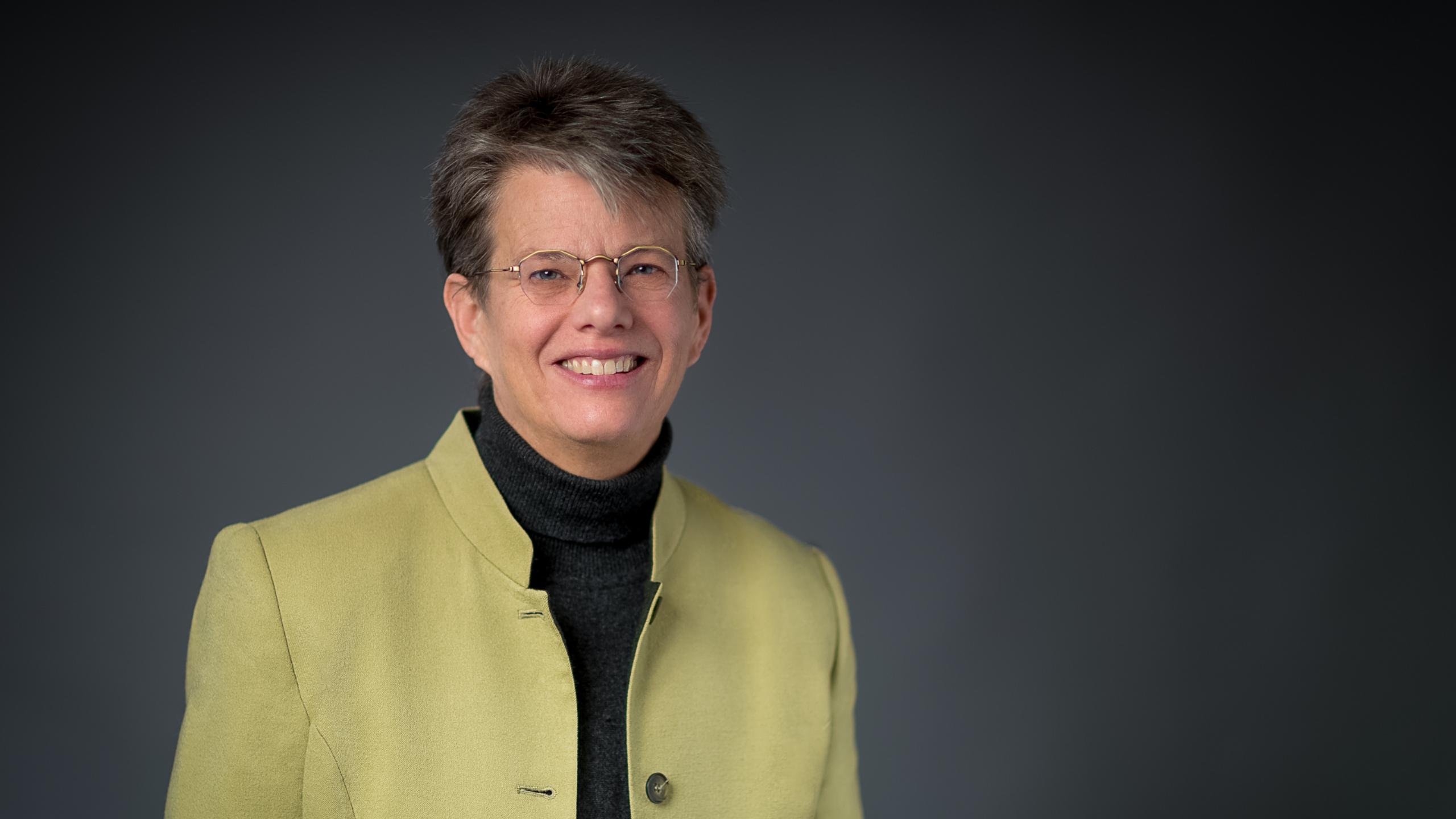By Heidi Lee, Charlize Alcaraz and Alexandra Holyk
Ryerson announced a new provost and vice-president, academic on Friday.
Jennifer Simpson, dean of the Faculty of Humanities and Social Sciences at Memorial University of Newfoundland, will be appointed to her position at Ryerson on July 1. In addition, Simpson will receive a tenured faculty appointment in the School of Professional Communication and the Faculty of Communication and Design, according to the statement.
Simpson will take the place of Saeed Zolfaghari, who has served as Ryerson’s interim provost and vice-president academic since June 2020.
According to the announcement written by Ryerson president Mohamed Lachemi, Simpson has “over 20 years in academia and expertise in higher education, race and equity, critical theory and pedagogy, and communication.”
“Jennifer brings a demonstrated commitment to equity and decolonization, multi-disciplinary collaboration, and publicly relevant teaching, research, and creative work,” Lachemi wrote.
The Eyeopener sat down for a phone call with Simpson to find out more about her and her upcoming role with the university.
What does your new role of provost and vice-president, academic entail?
The role of vice-president, academic is very broad in scope. In this role, I will be responsible for providing academic leadership to the university as a whole and I’ll also be responsible for considering how academic priorities intersect or overlap with more logistic realities at the university. To do that role well, my focus will be on encouraging collaboration, communication and strong teamwork because, at a large university, it’s particularly important that the provost can foster an environment where that kind of collaboration is possible.
We know that you previously worked at the University of Waterloo and Memorial University. What makes Ryerson different?
What really excites me about Ryerson is stepping into the role that provides directional leadership for the entire university. The role of a provost is different from a dean. A dean largely focuses on one faculty and here at Memorial University, that’s in humanities and social sciences. As provost, I will be thinking about the university as a whole and that excites me.
The other thing, of course, is what Ryerson offers as an institution. I would say Ryerson is a university that’s on the move in a city that’s on the move. And I’m excited about coming to a place, to an institution that’s bold in its teaching, research and creative work; that’s excited about social questions and public issues; that’s intentional about hands-on work both with students on campus and students in communities in off-campus environments.
I’m also excited about Ryerson’s focus and attention to equity, diversity and inclusion and response to the Truth and Reconciliation Commission.
You’ve worked in equity, diversity and inclusion and directed a national research project on racism and colonialism in Canada, asking for more transparency and accountability from Memorial University. Could you speak more about any specific projects or examples?
Yes, I can. For approximately six months, I have been chairing a dean council working group. The focus of that group is to challenge deans as senior academic leaders to move forward in relation to equity, diversity and inclusion and anti-colonialism in the academic portfolio related to teaching, research and creative work.
What is it like knowing that you will be working for a university named after Egerton Ryerson, who was key in developing the residential school system?
I think the fact that Ryerson exists mentions its complexity. Ryerson’s name offers a direct entry point to engage with difficult and important questions. I know there have been some formal and informal conversations about the challenges of the name that people have attended to. I am looking forward to learning about that conversation and the concerns those communities, on and off campus, have about the name. I think the name shows us racism and colonialism are with us in a variety of ways.
I am hoping my experience in talking about those difficult issues could bring questions of racism and colonialism to the table in all settings: name what’s happening, bring in different perspectives and then imagining a good way to move forward together.
In your introduction video, you talked about your hobbies outside of work, which include making bread. We wanted to know—what type of bread do you like making and giving to your friends?
That’s an excellent question, I’m glad to talk about that. I wouldn’t say I’m an expert, but I am an enthusiastic maker of sourdough. There is a particular recipe from a guy named Jim Lahey called “No-knead Bread.” And I like both “No-knead” and sourdough bread.
Questions and answers have been edited for length and clarity.












Leave a Reply